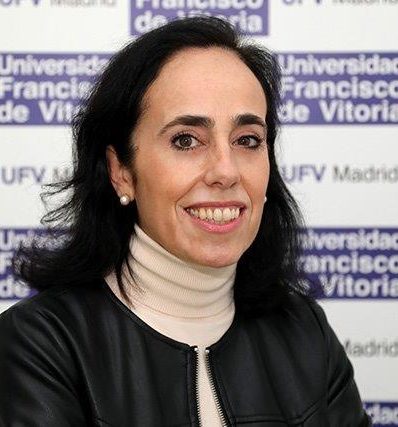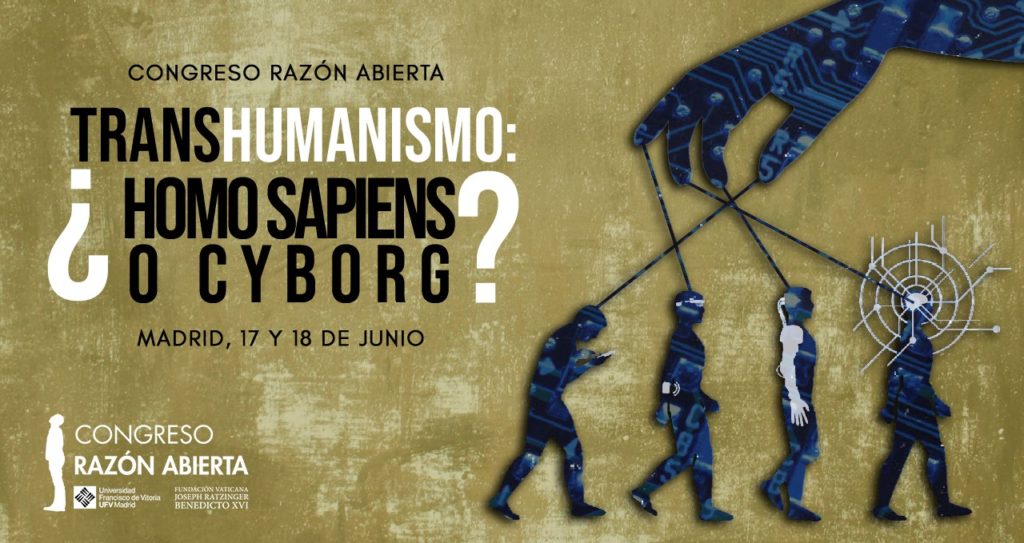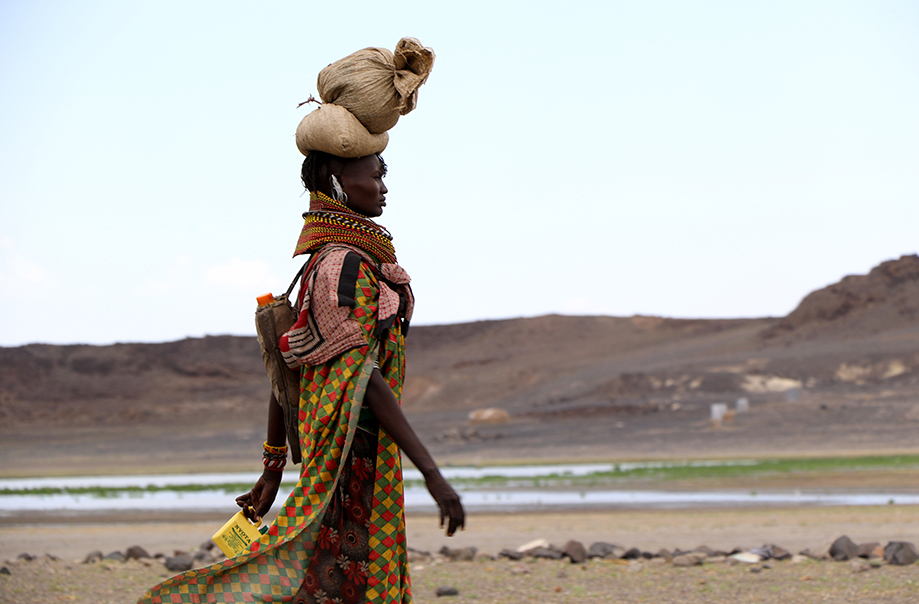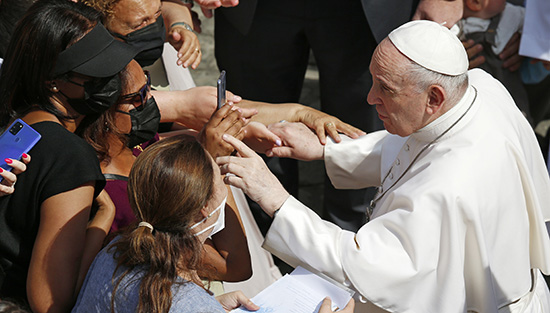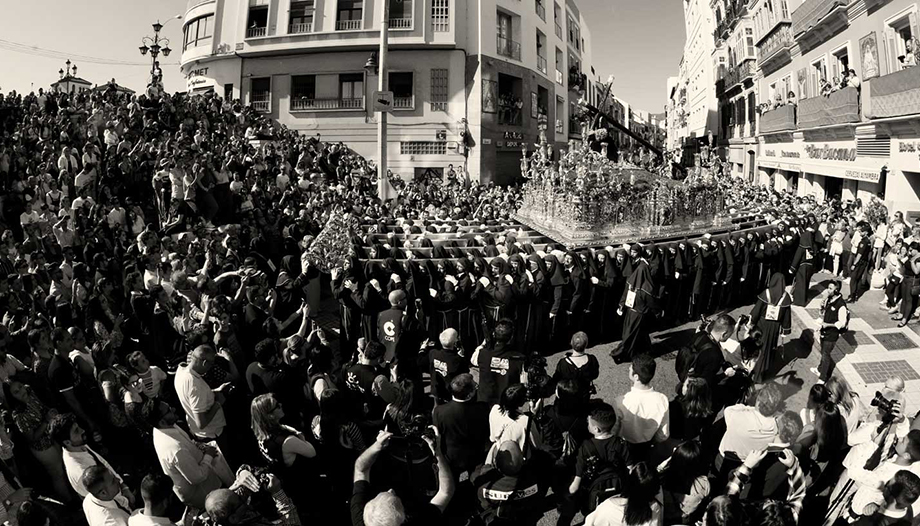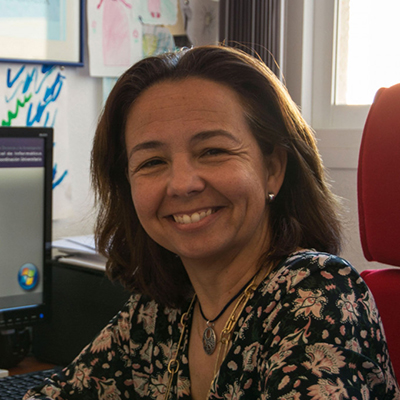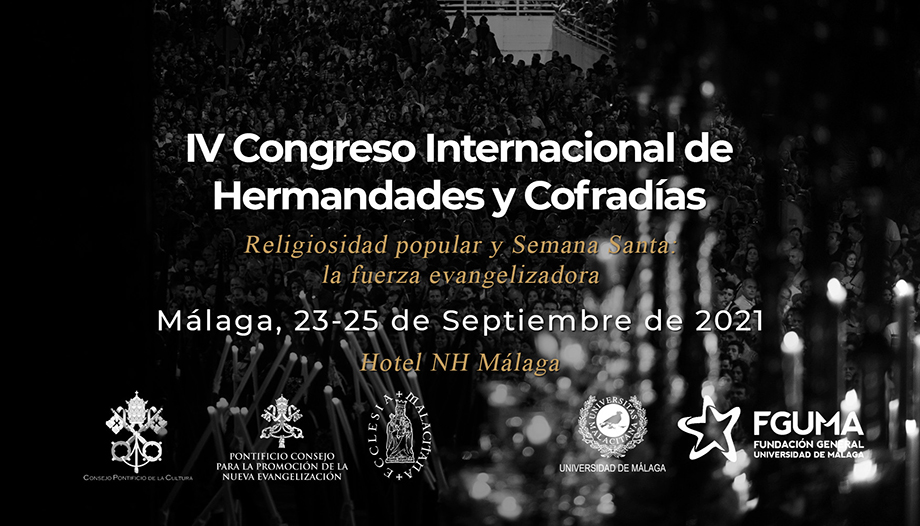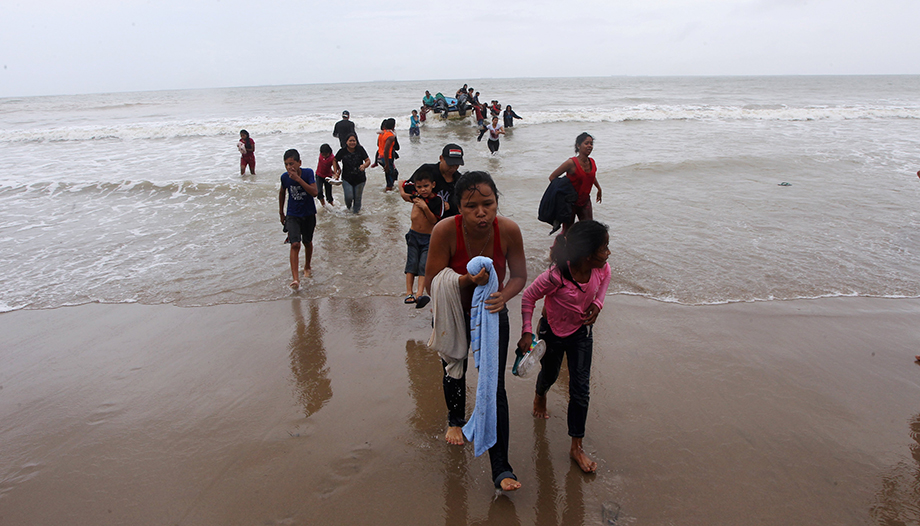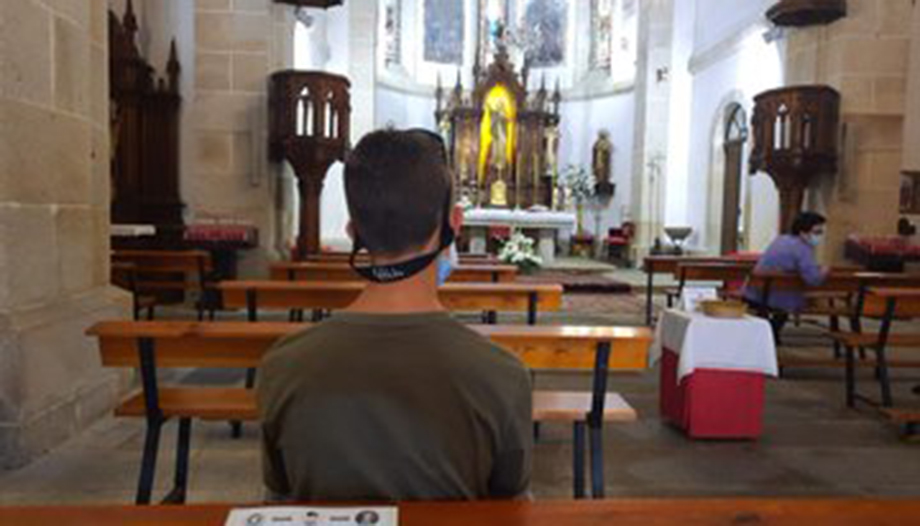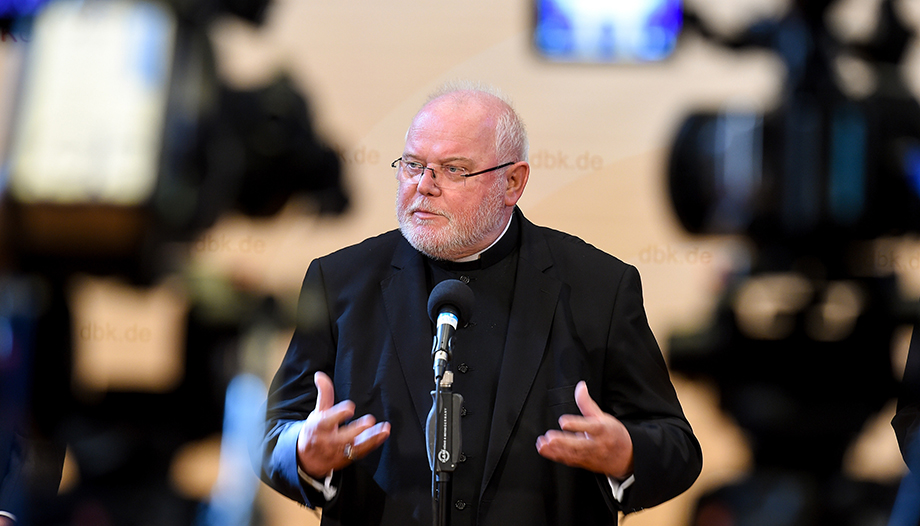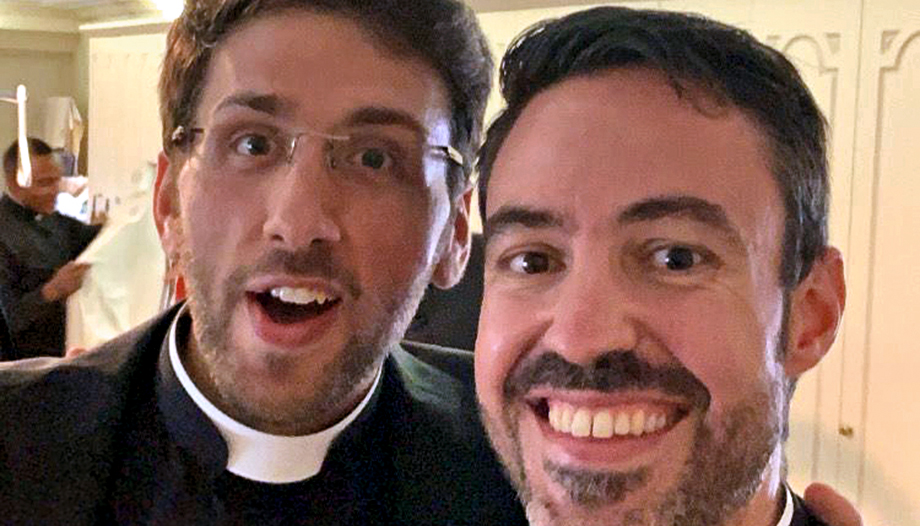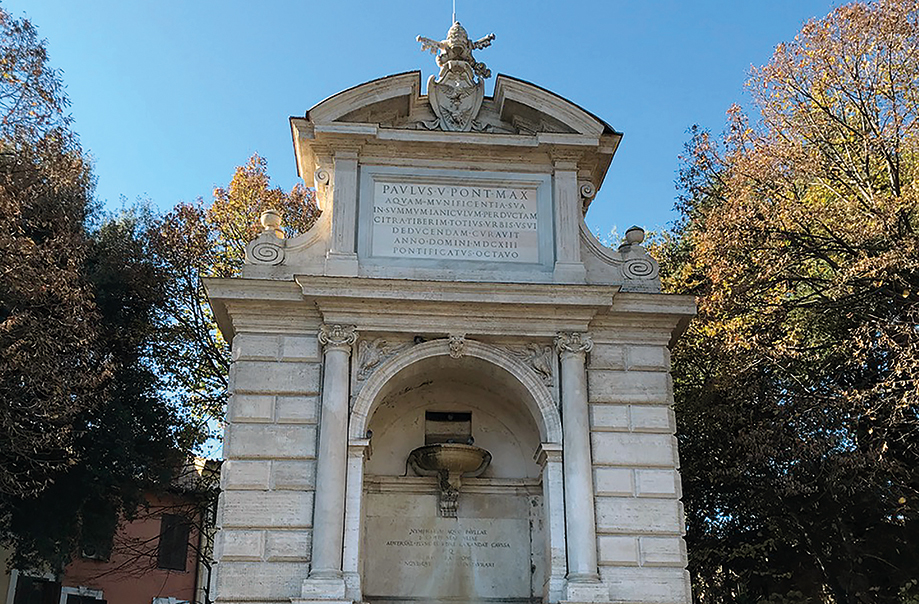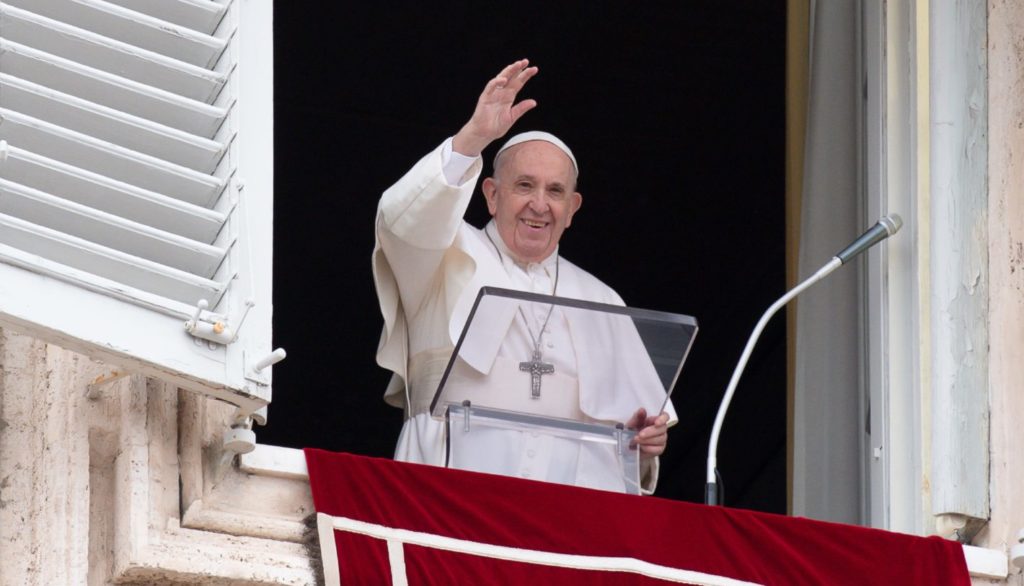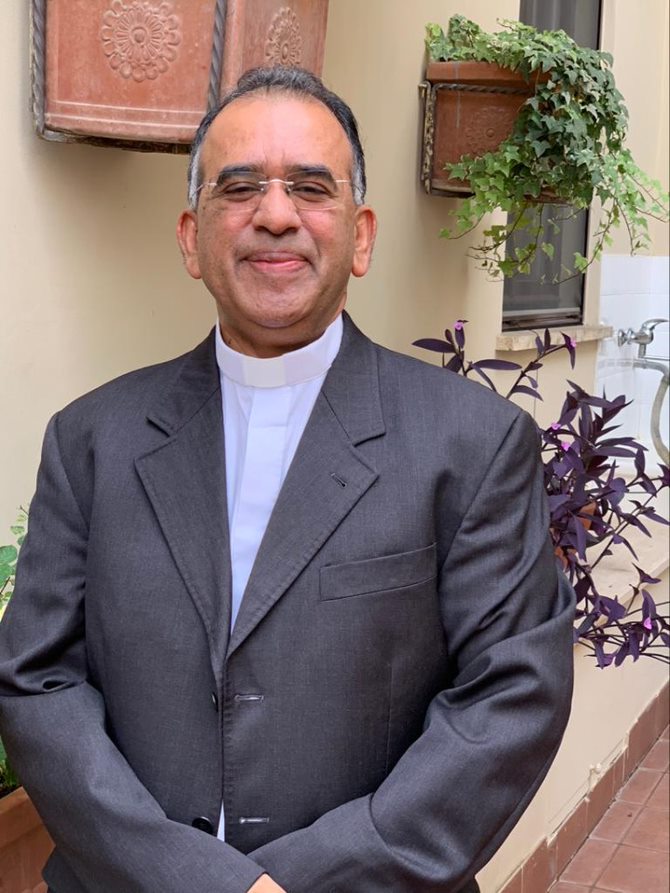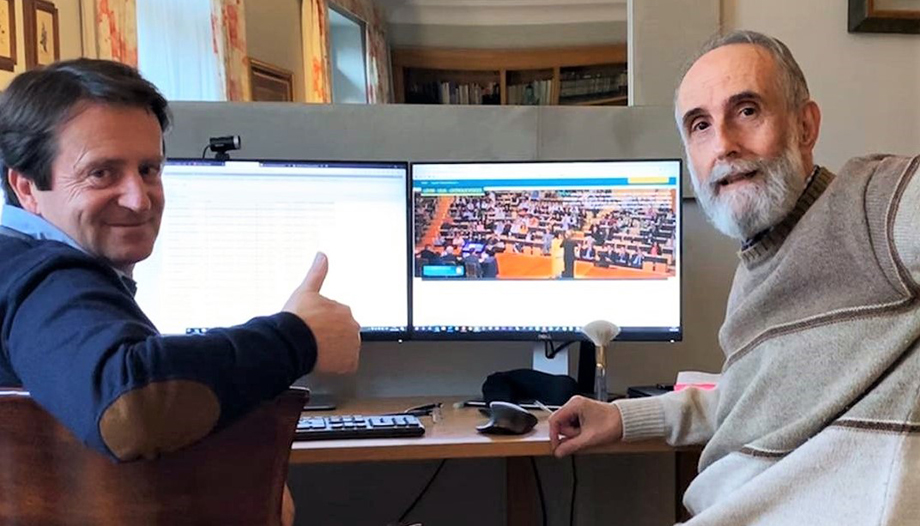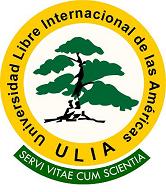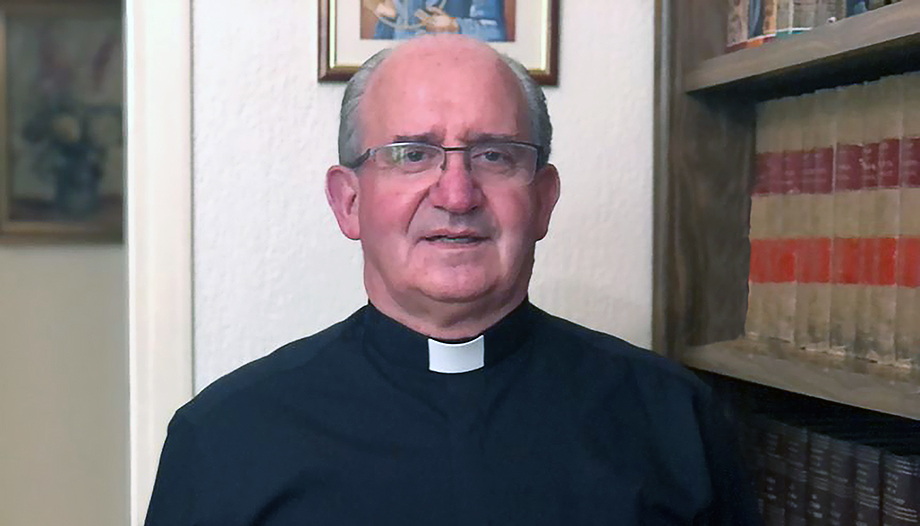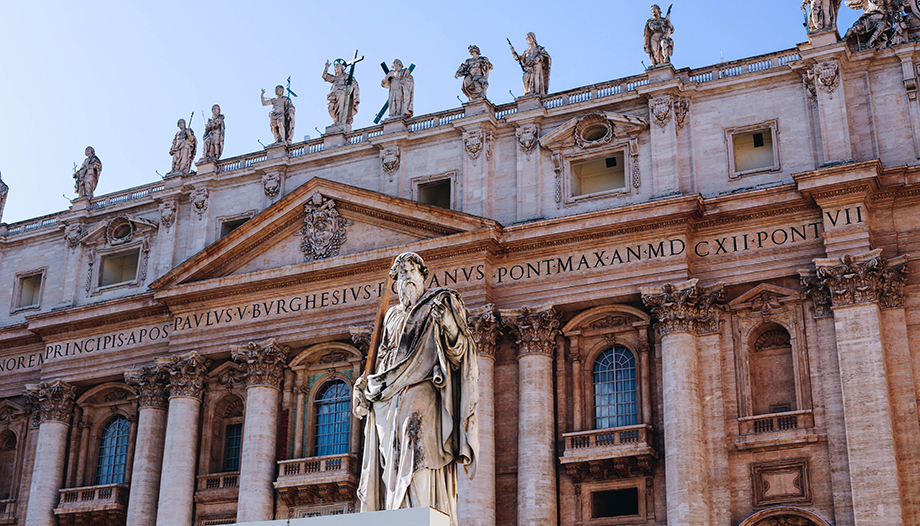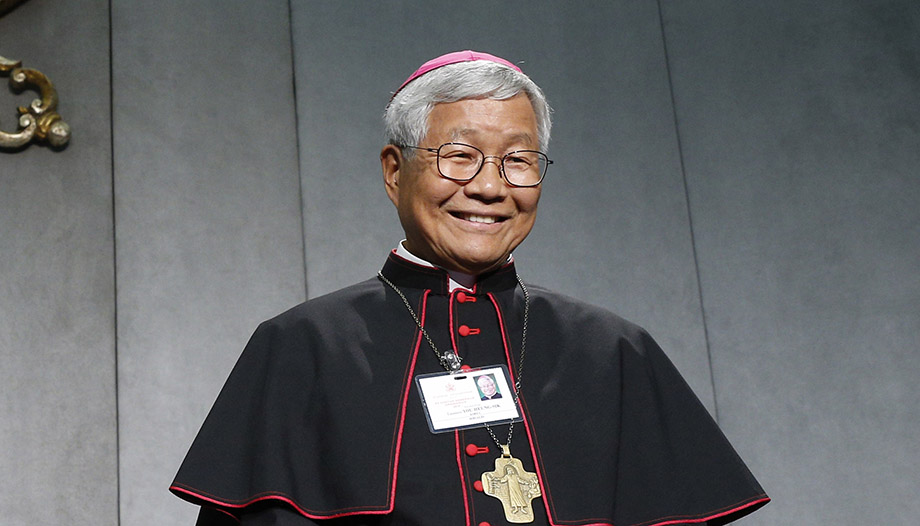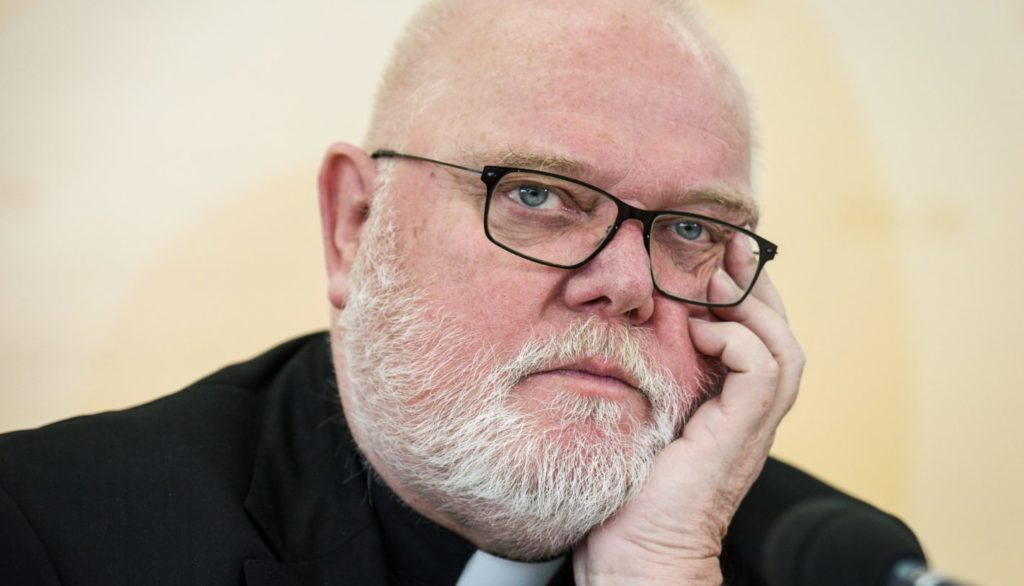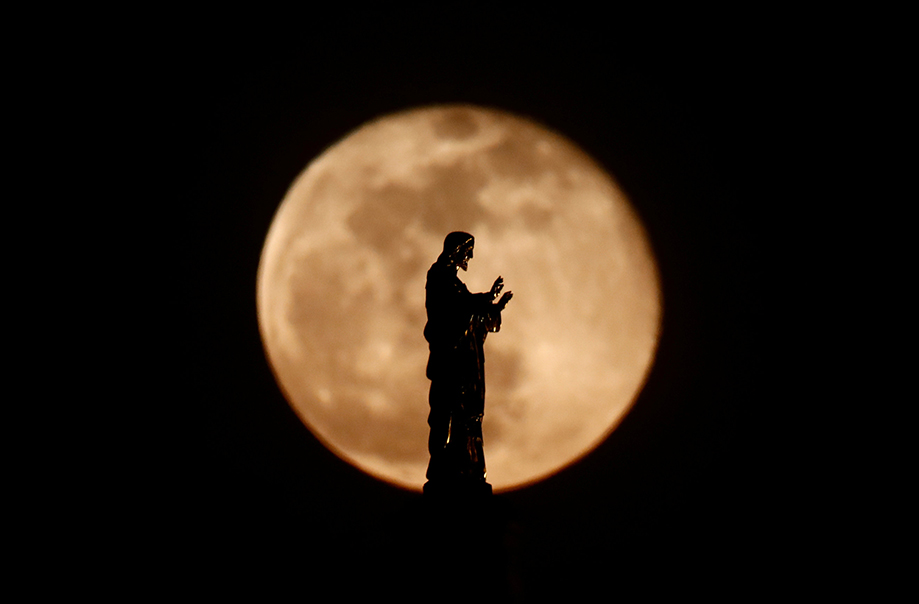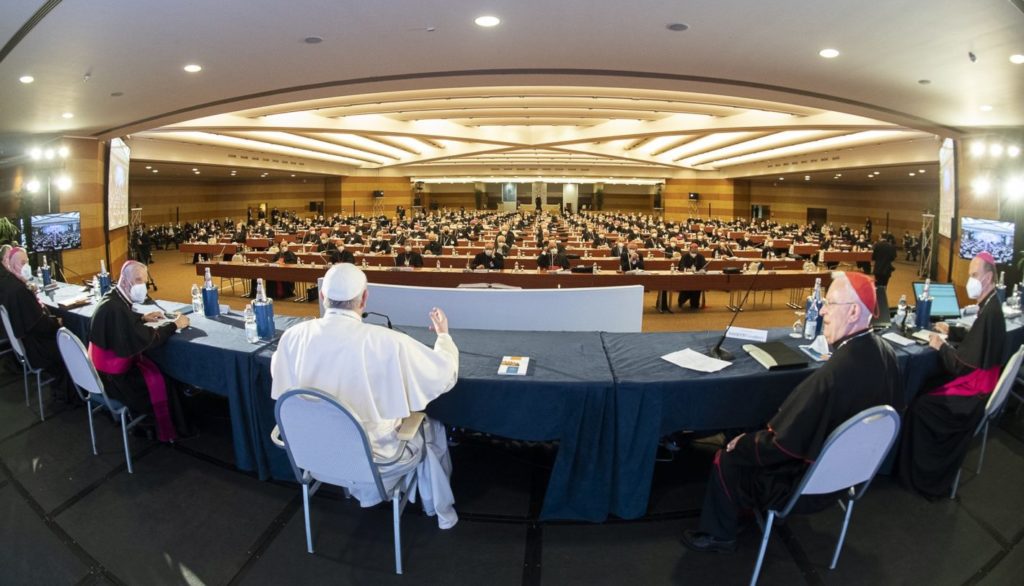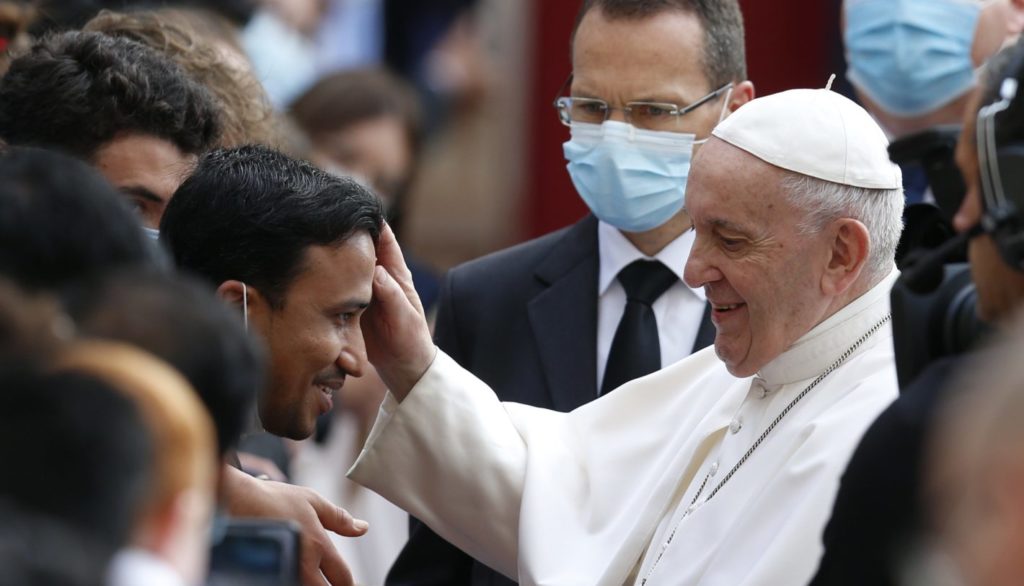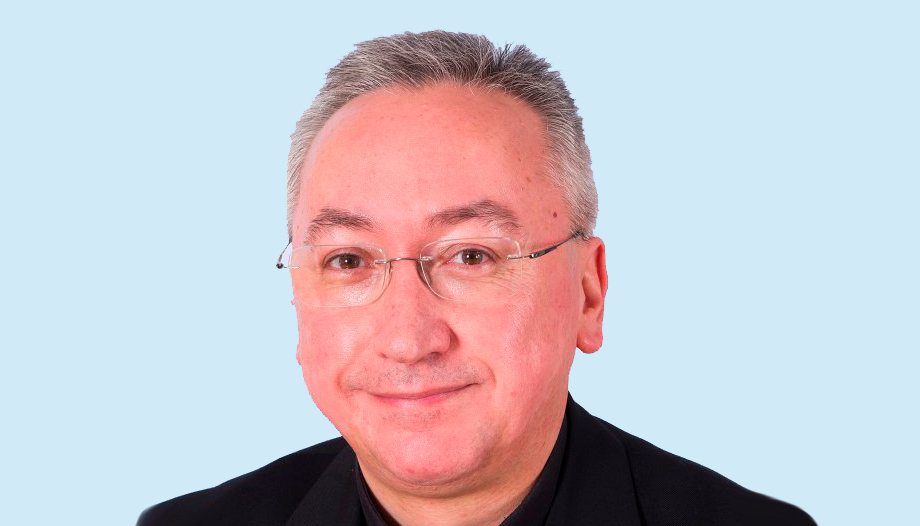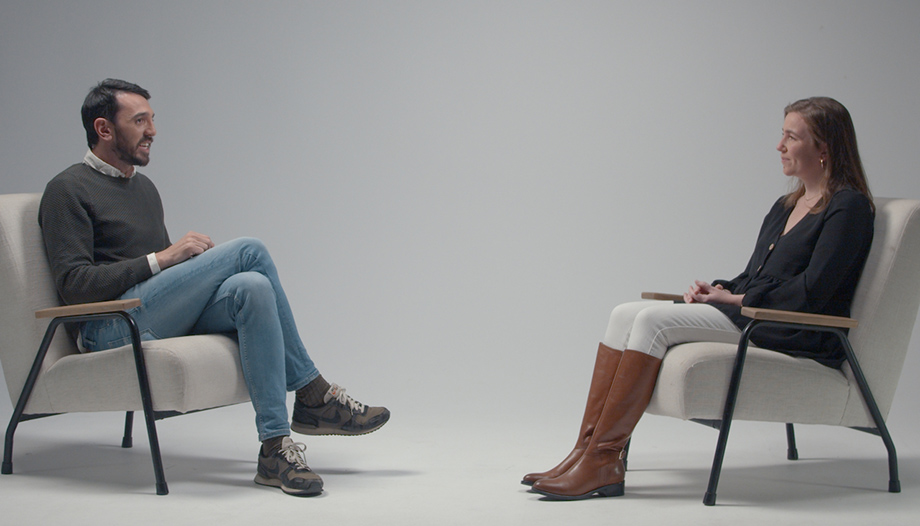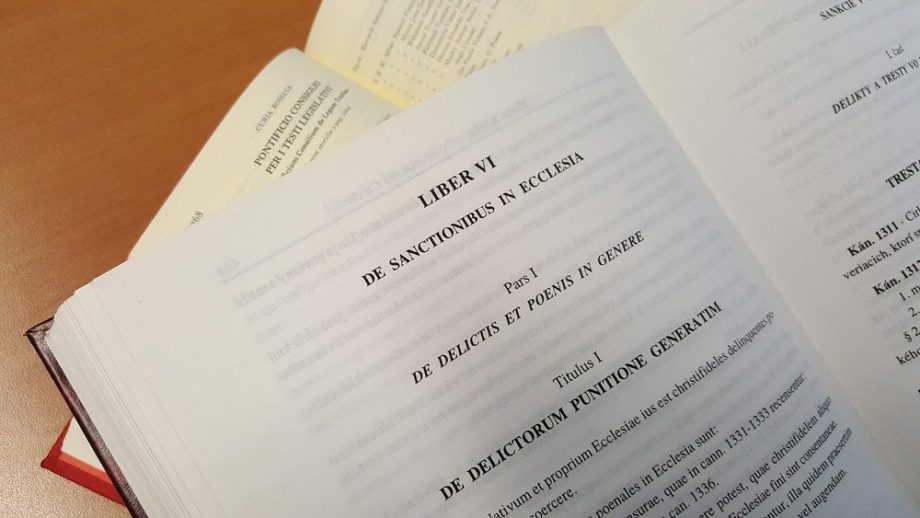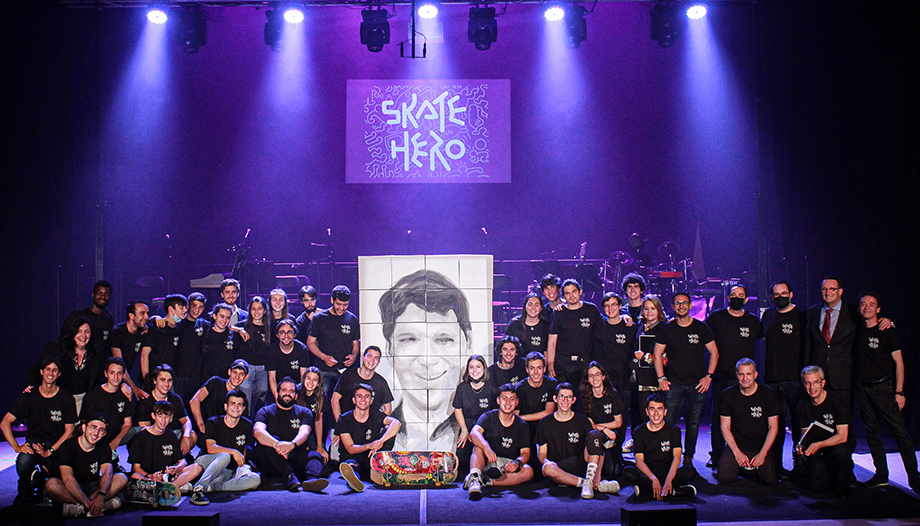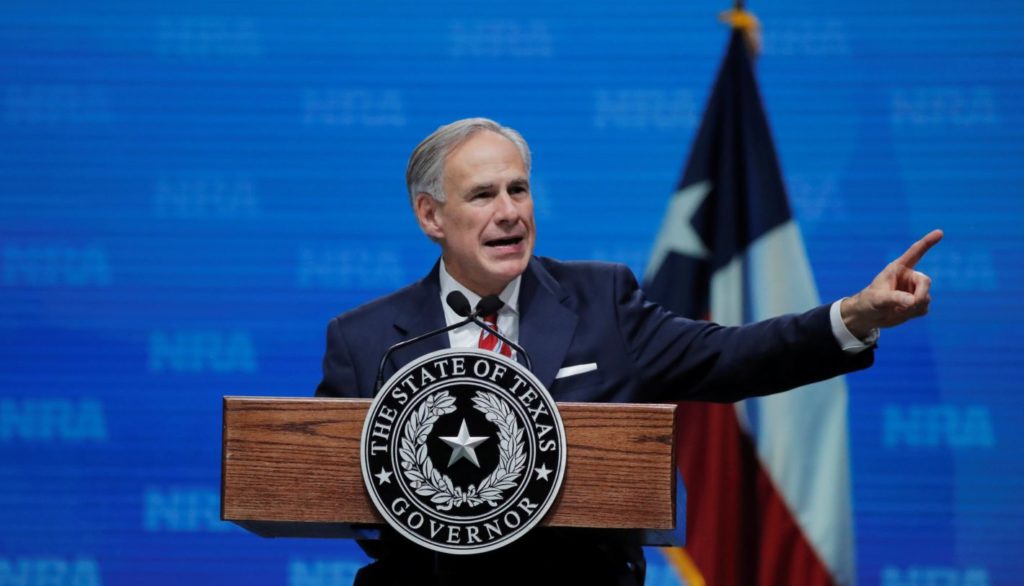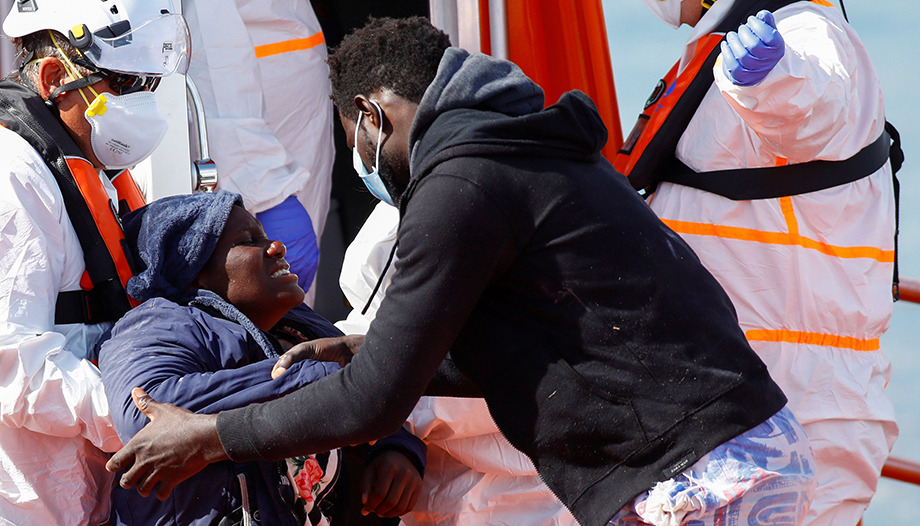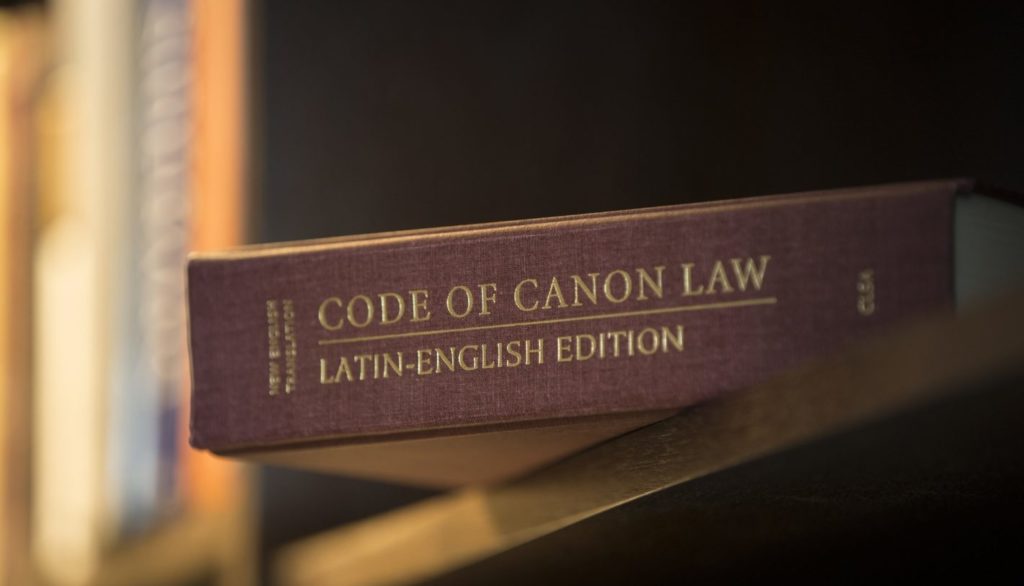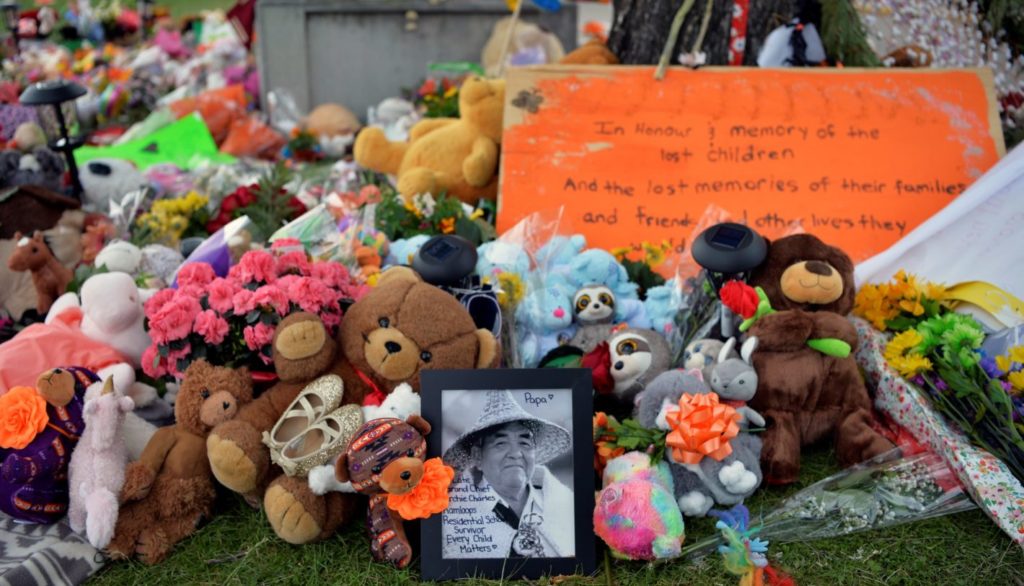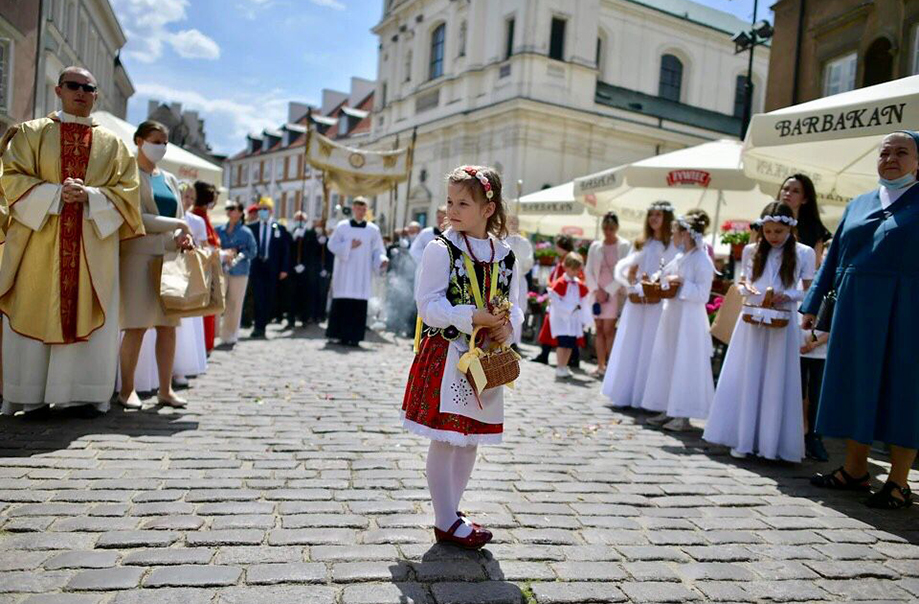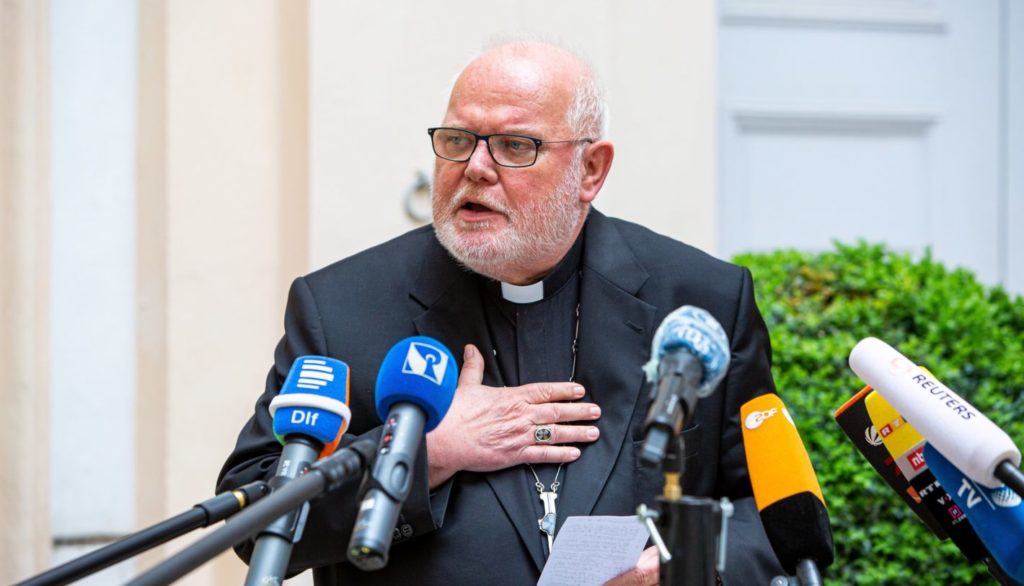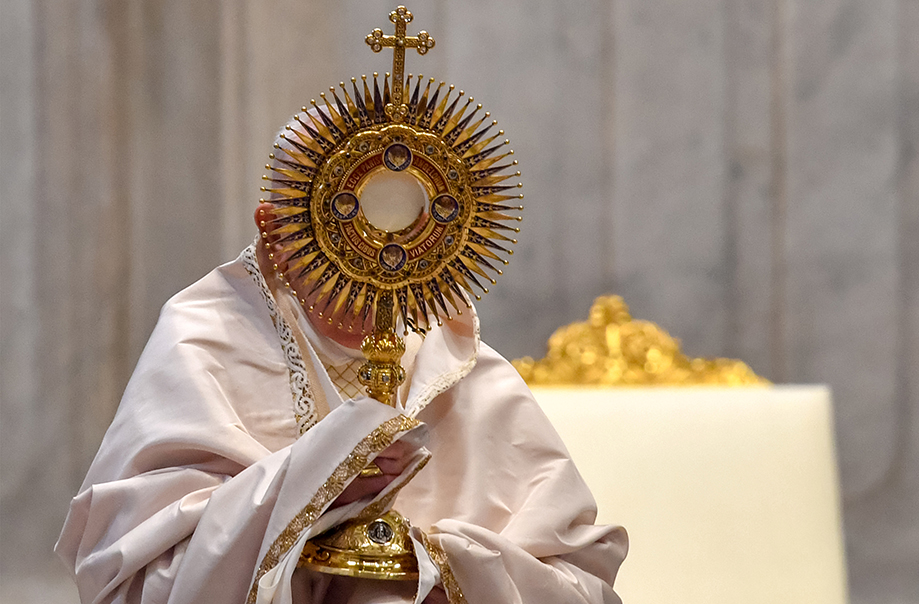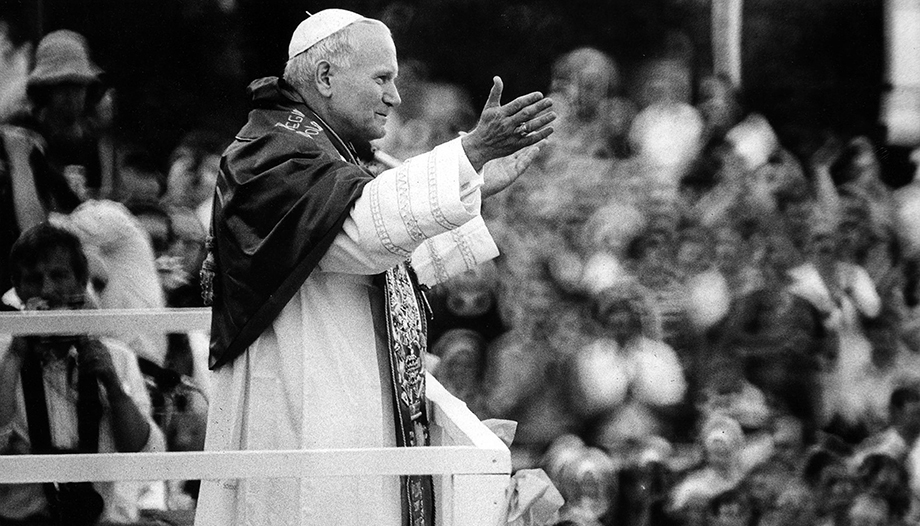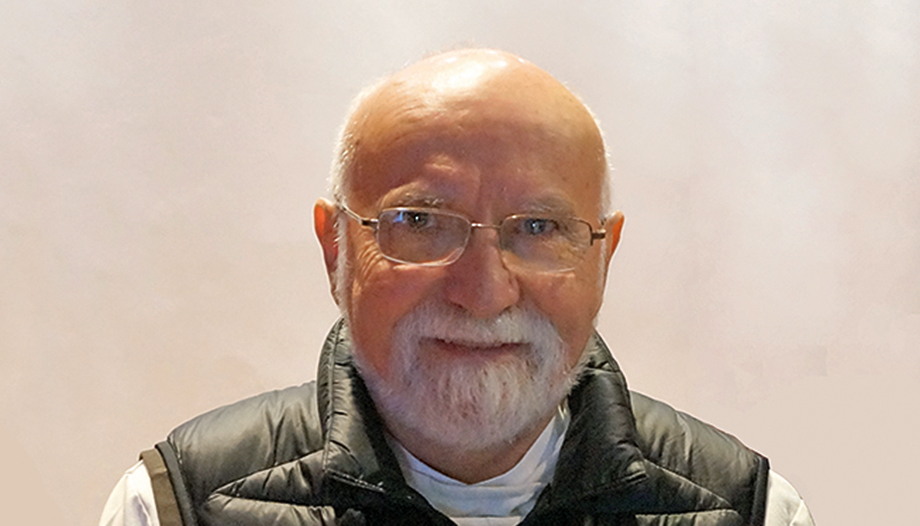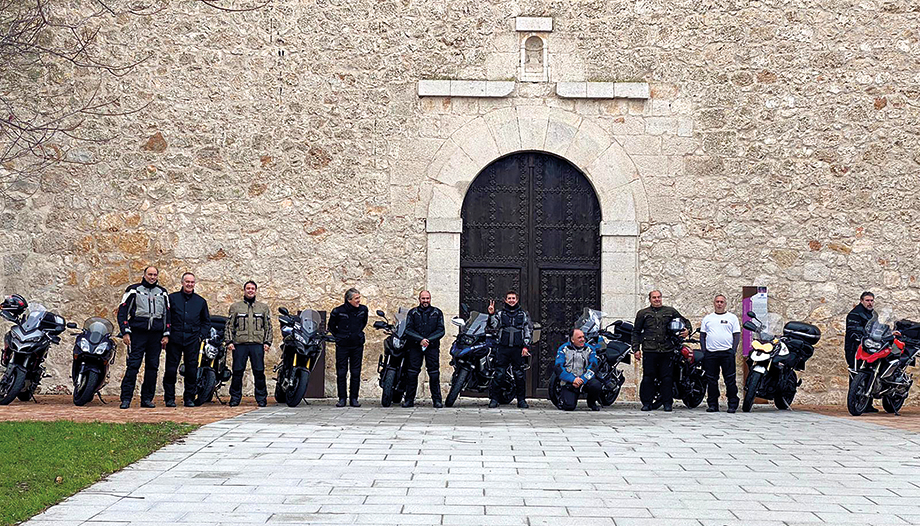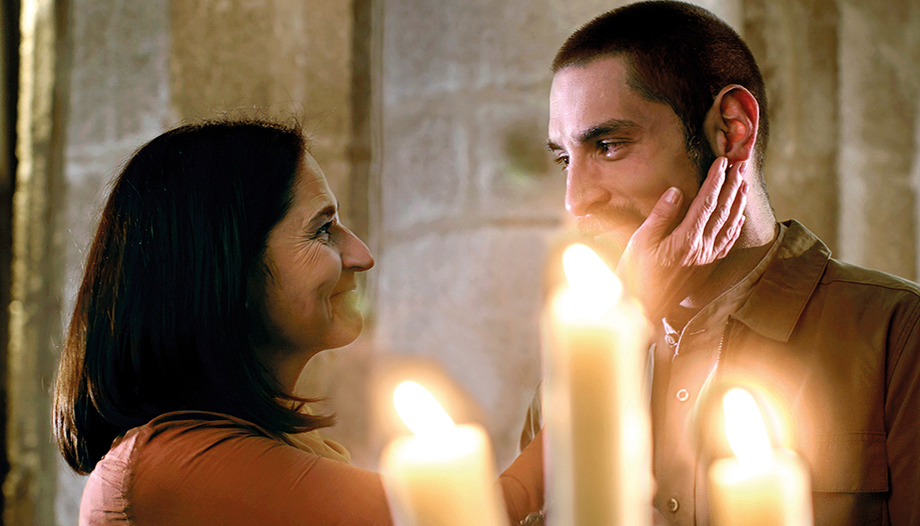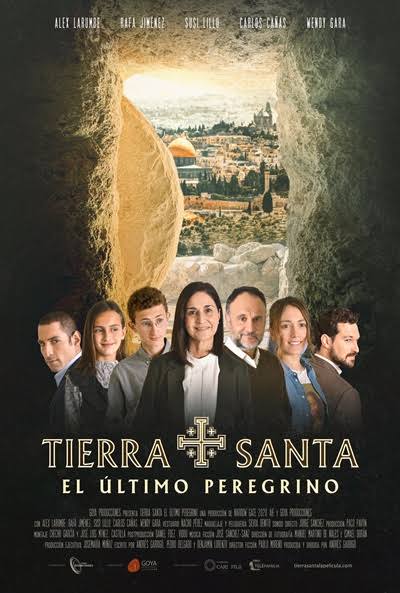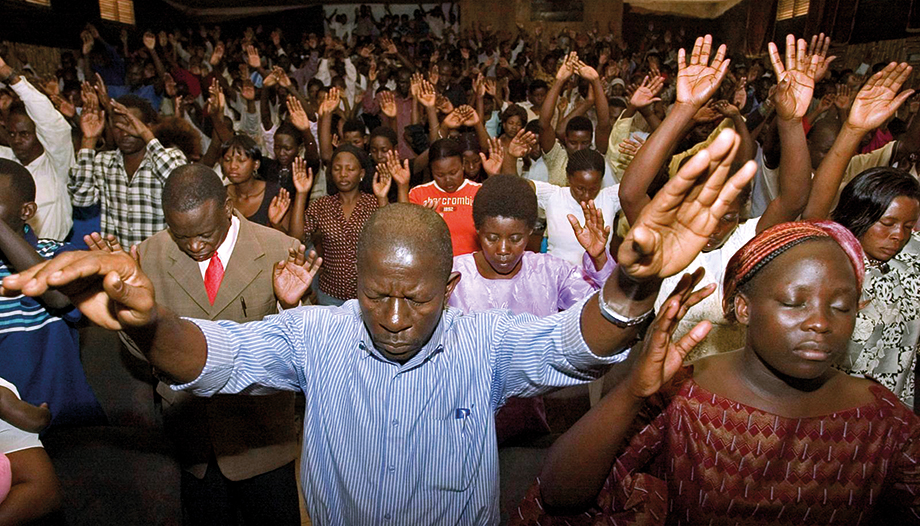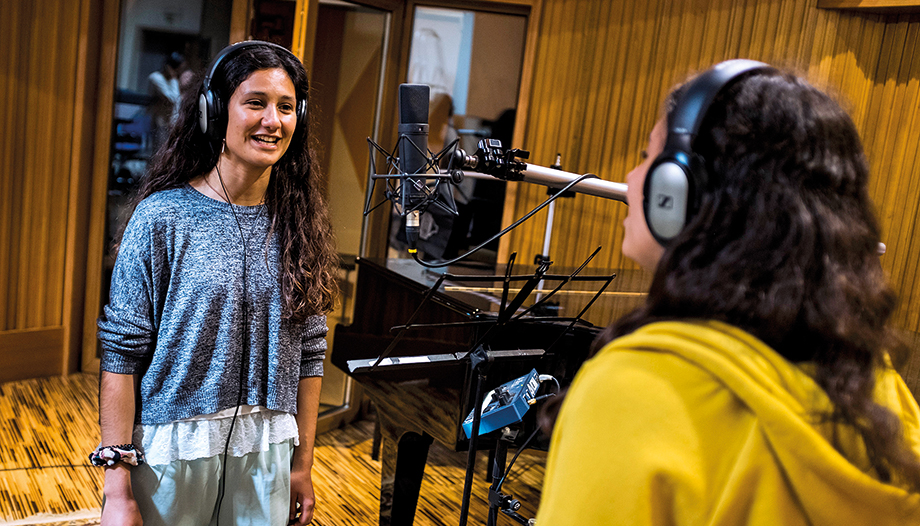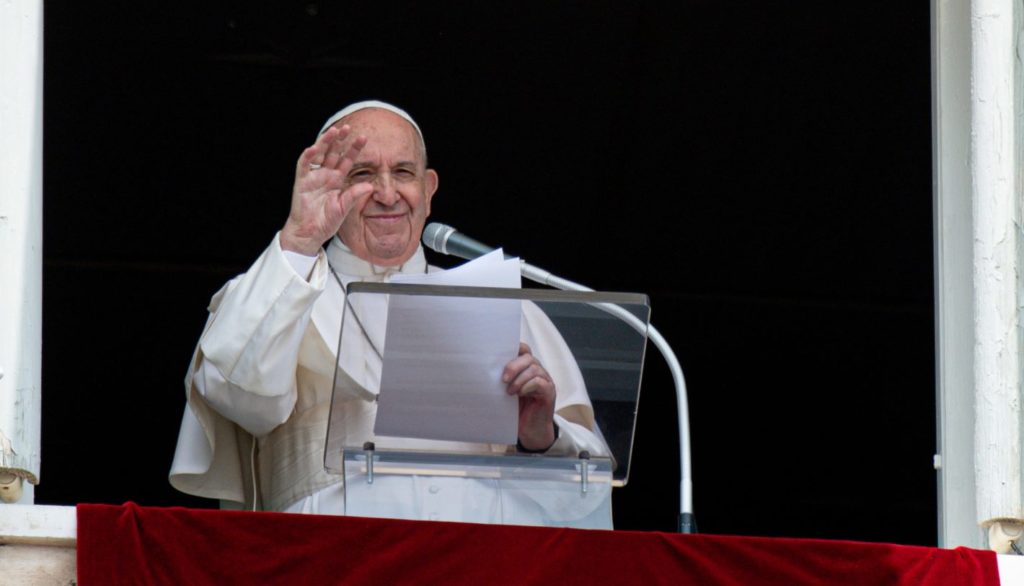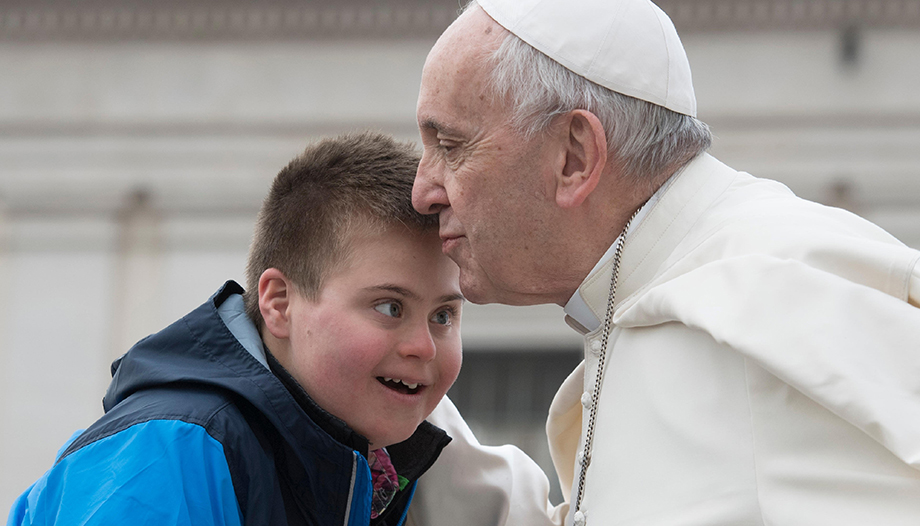In the April issue of the same year, Omnes published an extensive interview with Jacques Philippe, in which he spoke with us about various current issues, such as spirituality in difficult times, like those we are living in during this time of pandemic, about suffering, about the figure of St. Joseph, about some of the topics he deals with in his numerous books or about prayer in today's world.
Jacques Philippe is undoubtedly one of the best known spiritual authors of our time. A native of the French town of Metz, in the east of the country, where he was born in 1947, he studied mathematics and taught until he joined the Community of the Beatitudes in 1976. After living in the Holy Land for a few years, studying Hebrew and the Jewish roots of Christianity, he moved to Rome where he was responsible for the new foundation of the Community in Rome and studied Theology and Canon Law.
A priest since 1985, his work focuses on spiritual formation, either within the community of the Beatitudes, or with the thousands of people who have discovered new paths of interior life through his works, distributed throughout the world. In recent years, he has also visited many countries preaching spiritual retreats for people of all walks of life and work within the Church. A task that, despite the pandemic, he has continued to do through various digital media.
One month after that interview, on the afternoon of Wednesday, May 12, the Forum Omnes with Jacques PhilippeThe event was attended by a large number of spectators who followed the live broadcast on the Internet. YouTube channel of Omnes. During the Forum organized by OmnesPhilippe discussed some topics that also arose from that conversation, such as the presence or absence of God, the Christian's prayer, the existence of evil, or questions that have arisen in people's lives during the pandemic.
The limits of civilization
Father Philippe began his speech by referring to the situation the world has been going through during the pandemic, and how it has affected people, particularly Christians. He raised the question of how the current pandemic situation questions our spiritual life, our Christian life. "In a way", he began, "This situation has made our Christian life more difficult, because of the difficulty to celebrate or attend the Eucharist, to meet with family and friends, the loneliness to which many people were forced to be, etc. It has been a challenge for our Christian life".
This challenge has also had positive effects for some, Philippe assured, thinking of the large number of people who have committed to continue to pray together, to communicate via the internet, to take time to reflect. "I have received many requests for retreats and online interviews.", he said. In addition, "for many people, this time served to strengthen relationships within the family, the communities in which they spent those days of the pandemic.".
Making a more global observation, Philippe said that "the pandemic has shown the limits and fragility of western civilization, a situation that has led our society to replace the real with the virtual.". However, that is not enough, he commented during the meeting. We need the real, the experiential, the physical closeness of our loved ones, of other people: "We need the real, the experiential, the physical closeness of our loved ones, of other people.We have realized that this is not enough, that a physical encounter is necessary. This also reminds us of the physical and corporal dimension of the spiritual.".
Vulnerability and fragility have been a constant during the year and a half since the outbreak of the coronavirus pandemic: "The most important thing to remember is the fact that the pandemic has been a year and a half since the outbreak of the coronavirus pandemic.In a world tempted by the illusion of the omnipotence of technology, we have increasingly experienced the limits of science and technology, which has reminded us of a certain humility. It has reminded us of the fragility of our societies, which had a tendency to believe they were all-powerful.".
A reflection that we find complementary to the one he made in those pages we published in April: "The fragility, even powerlessness, that we experience reminds us that faith is not the exercise of power, but the surrender of our weakness and fragility into God's hands. This situation of weakness that we are going through invites us not to seek our security in our own power, in our ability to solve it or to understand it, but to place our security in the trusting abandonment into the hands of our Heavenly Father, as the Gospel proposes to us.".
Philippe often suggests in his works some questions that do not leave indifferent. Also during the afternoon of May 12, he wanted to suggest a simple examination of conscience: "It seems to me that the question to be asked, as always in difficult situations, is not so much the question: 'Why this situation', but the question: 'How can I live this situation in a positive way? In what way does it call me to grow, to evolve, even to become the way of life that is mine?'. It is up to each person to find the answer to this question, to finally discover the call that God is addressing to him today through this situation."
Where is God?
"What has been God's role in this situation?"Philippe asked himself. God sometimes allows difficult situations so that people can trust him more, so that we can abandon ourselves to him and trust in his providence. In fact, in difficult situations, Philippe affirmed, the important thing is how we face that situation, and how we take advantage of it to orient ourselves towards the good that God expects of us.
"It is clear that in this context", he continued, "Where our fragility is evident, we find a call to lean on the Lord, who is our rock, our strength. In difficult situations God becomes closer to us". At Easter time we read the Gospel of the disciples of Emmaus. A model that Father Philippe used to show how God acts in times of discouragement. "They are discouraged and Jesus approaches them and explains the Scriptures to them. He gives them the strength to return to Jerusalem strengthened by their encounter with Christ. This is what we need to do in these difficult times. Christ nourishes us, fills us with strength".
Father Philippe assured that "in difficult times, God becomes closer. God will become even more and more present in the times to come. Jesus will walk with us, as he did with the disciples on the road to Emmaus. I believe that in future times there will be more and more Emmaus experiences, of Jesus accompanying his disciples and strengthening them.".
"This time of pandemic, therefore, is an invitation to follow Jesus Christ, to meet Him, to speak to Him....". A time, in this line, also to be very attentive to each other.
The Eucharist, a real encounter with God
On the other hand, Philippe stressed that for the Christian, the Eucharist, which during those days of imprisonment was a sacrament of which many were deprived, is the place par excellence of encounter with God. It is a moment where we can welcome the presence of God. In fact, Father Philippe affirmed that "many Christians have been very creative in keeping their Christian life active".
The Eucharist, the real presence of the Lord, is the center of Christian life. "During those days of pandemic we were able to meet Christ through spiritual communion."said Father Philippe. However, it was not enough, we need the presence of the Lord in the sacrament of the Eucharist. Perhaps this situation has helped us to "to rediscover the importance and beauty of this presence that reassures us. This is what we need most today, the presence of Jesus with us and in us.".
In addition, together with the Eucharist, the encounter par excellence with Jesus Christ, ".there can also be an encounter with the Lord when we read the Scriptures.". Returning to the example of the disciples of Emmaus, whose hearts burned when they heard the Lord explaining the Scriptures, "Today, with so much confusion, we need a word of Truth. A word of love and truth, which we find in the Bible.". And there is much grace of the Holy Spirit in the reading of the Word of God. "The Emmaus passage is a beautiful catechesis on the Scriptures. Stay with us, Lord, for it is evening and the day is drawing to an end.’ they asked him. But Jesus Christ has not only remained with us in the Eucharist, but also in the Eucharist. He has given us more than what we asked of Him: He has remained in the Eucharist and in our hearts in grace.".
A call to be close to others
Jacques Philippe continued his talk by speaking of a logical consequence of this call to closeness to God: the call to be close to others. "A call to be more attentive and present to one another. In fact, if the disciples of Emmaus were met by Jesus, it was because there were two of them walking together, sharing, asking questions... We must realize to what extent charity towards others really puts us in contact with God himself.".
As we often read in his spiritual works, during this time of conversation Philippe also turned to Sacred Scripture to illustrate this idea: "I am not a man of the cloth, but a man of the cloth".There are many biblical phrases where the importance of closeness to others is observed: in Matthew 25, 'whatever you did for the least of my brethren, you did for me'; in Mark 9:37, 'whoever welcomes one such child in my name welcomes me. And whoever welcomes me, welcomes not me but the one who sent me'. The smallest gesture of attention, of service, a smile given to another, all of this goes directly to God and puts us in contact with him.".
In this way, going out of ourselves opens us to receive the Holy Spirit. "Sometimes there is a real outpouring of the Holy Spirit." reflected Philippea little Pentecost that takes place when we truly love the one whom the Lord puts in our path. When Mary went out to meet her cousin Elizabeth, she produced a small Pentecost when they met. It is not a question of kilometers, but of going out of ourselves to go towards the other opens us to the Holy Spirit.".
He concluded his speech by reminding us of the means we have to unite ourselves to the Lord: "We have the means to unite ourselves to the Lord.Let us thank the Lord for all the simple and effective means we have to be in contact with him: through faith, prayer, the Eucharist, listening to the Word, gestures of charity, being in real contact with God, and the grace of the Holy Spirit at work in us. He enlightens us, leads us, purifies us, heals us... Let us pray for a new Pentecost in the Church and in the world.".
The greatness of the Christian life
At the end of his speech, a pleasant discussion was opened with questions from the audience. Some of these questions had the mystery of evil as a common denominator. Father Philippe affirmed that "The greatness of the Christian life is that from any evil we can obtain a good. Opportunity to grow, to be closer to God.".
The most important question is how evil can be confronted by leaning on the Lord, so that good can emerge from it. If Jesus Christ is risen, good prevails. Evidently, "In a crisis situation, there are people who react positively, reinforcing their faith. Others, on the other hand, may turn away from the faith. In this case, we must always pray for these people and ask Jesus to come to meet them.".
"Faith, prayer, Eucharist, listening to the Word, fraternal communion. All these means are proposed to us to welcome the presence of God.".
Freedom, a sign of God's presence
In the same vein, to a question regarding human freedom, whereby we see that there are people who follow the right path, but others choose a different and perhaps wrong path, Philippe said that "our freedom is a true sign of God's presence"..
"The fact that we are free"continued Philippe, "is a manifestation that God respects us, because he respects our freedom. But it depends on what use we make of our freedom. If we use it to love, we are more and more free, and that freedom is more beautiful. God becomes more present in these cases. Because we orient our freedom towards God, and God makes us happier. However, if we misuse our freedom, we end up losing it.".
Another question was directed towards the inner struggle, the posture in the face of difficulties and spiritual combat. Philippe stated that "difficulties are a call to combat. But we must remember that in this combat we are not alone, but that God is at the heart of this combat. We must identify the enemies in our lives in order to fight the battle. Preserving the relationship with the Lord during this combat is crucial to win. With that contact with the Lord we will have the necessary strength to fight and get up. Even if there are defeats, if one is with the Lord, one does not become disheartened or discouraged. Because the war has already been won. The strength is given to us by the certainty of the victory of the risen Christ.".
During this time of colloquy, some spectators were interested in Father Philippe's own vocation. "I was a believer since I was a child, without a special desire or concern. I was passionate about physics, so I wanted to study a career in science. During that time, I was invited to a spiritual retreat".
"In a surprising way." said Father PhilippeDuring this retreat, I received the Lord's call with extraordinary force. I resisted a little, but I understood that when God calls, you always have to answer in the affirmative. Later I discovered that the way would be to become a priest. It was a difficult time, May 1968, during which many priests left the ministry. A few years later I discovered the Community of the Beatitudes, understanding that it would be my vocation. I joined the Community, and later ordained a priest. The most important thing for me was to have that spiritual life with the Lord, to which He has led me.".
Thus concluded an interesting Forum with the author who is already a classic of spirituality.





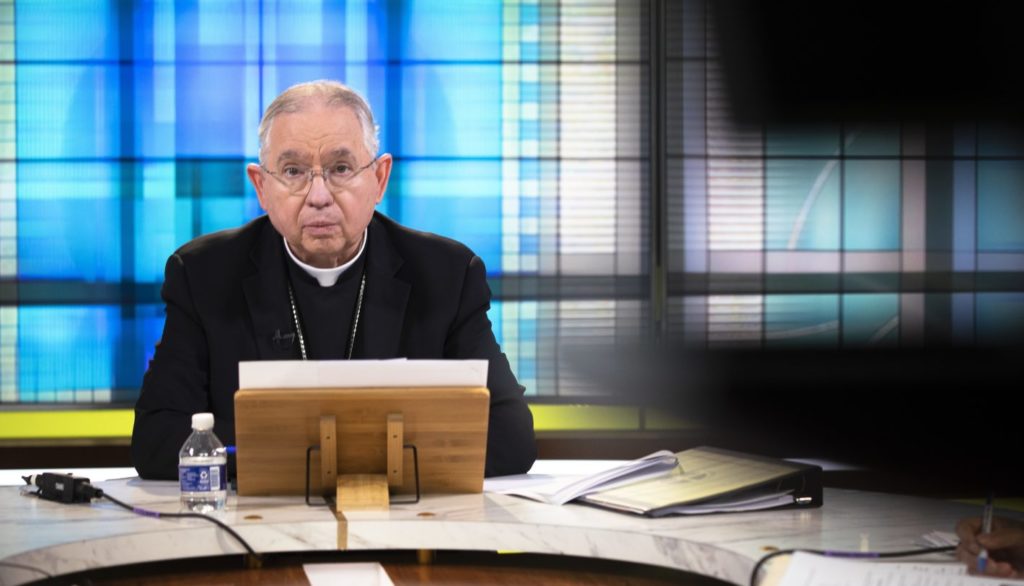
 The U.S. Supreme Court could reverse Roe v. Wade
The U.S. Supreme Court could reverse Roe v. Wade






